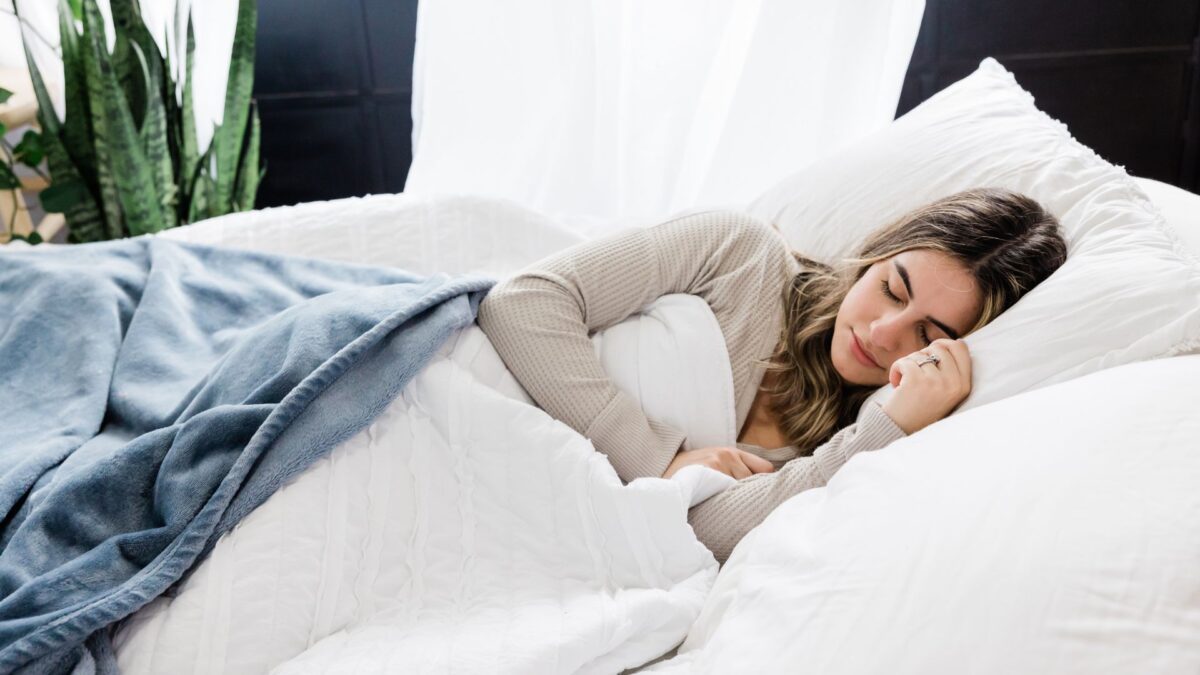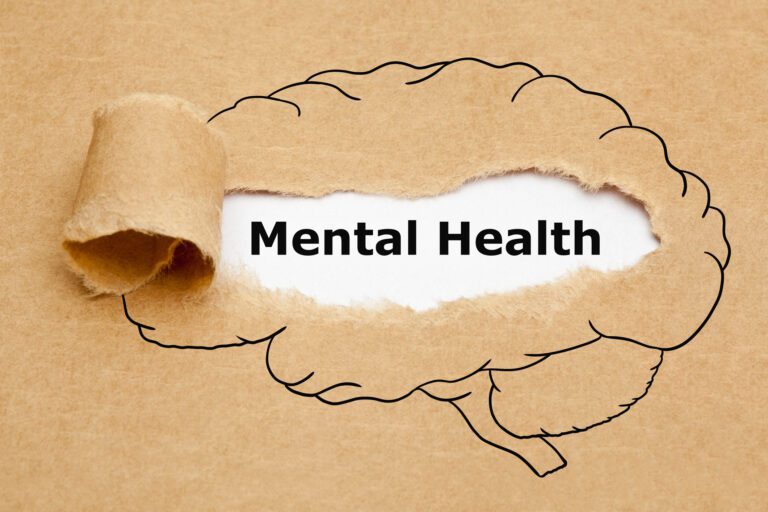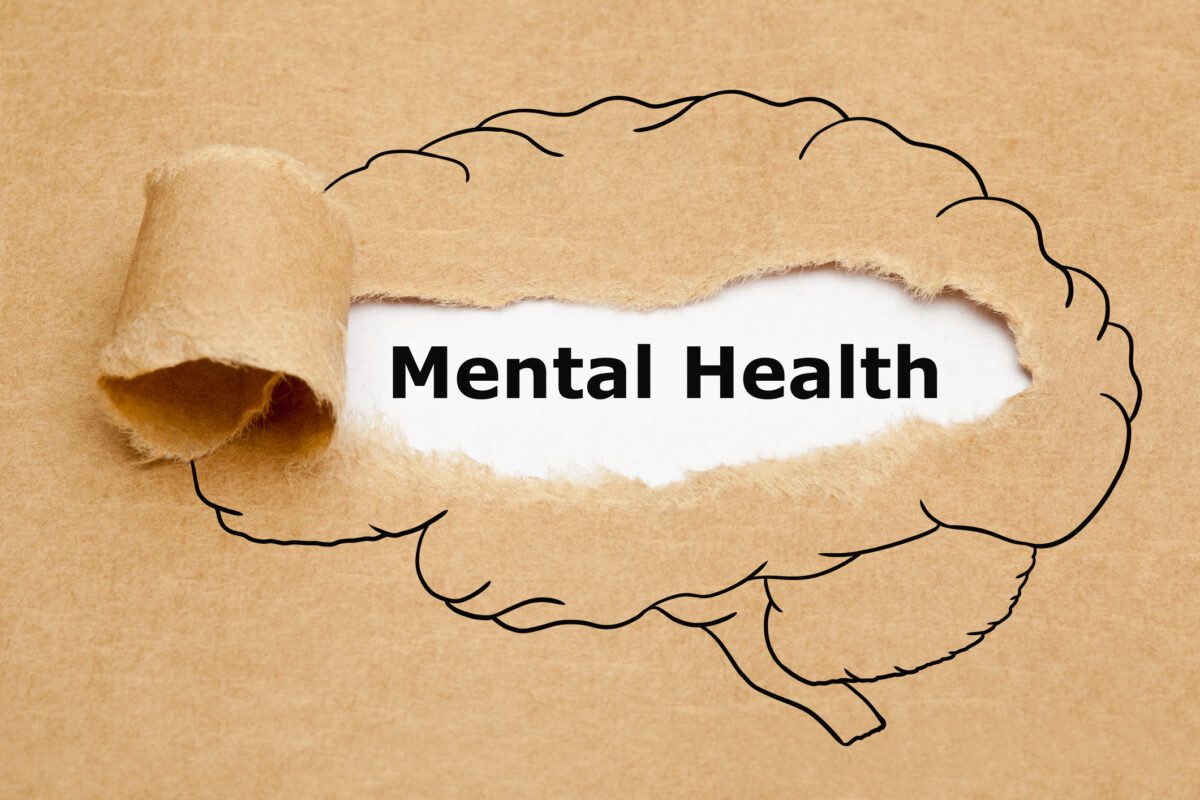According to a report by the CDC, we spend one-third of our lives sleeping, yet what seems like second nature, is actually a struggle for up to 1/3rd of adults.
Sleep issues actually affect women and men quite differently. According to the CDC, “Women are at a 40% chance of developing sleep problems compared to men who are at a 22% risk.
The lack of sleep takes a physical toll on the human body. A person is at a higher risk for chronic health conditions, such as asthma, coronary artery disease, arthritis, and other cardiac and pulmonary conditions.
There is also a strong connection between persistent sleep problems with mental health. Symptoms of insomnia are presents in 20-40% of people with mental illness such as depression, anxiety disorders, schizophrenia, PTSD, and substance use disorders.
Some common sleep problems include:
- Persistent difficulty falling and staying asleep, or Insomnia
- Difficulty staying awake during the day, excessive sleepiness
- Abnormal breathing during sleep like sleep apnea
- Restless Leg Syndrome
Experts say that the primary intervention for insomnia and other sleep disturbances is meticulous sleep hygiene. Sleep hygiene is a serious of healthily habits that help encourage you to get to sleep and stay asleep.
Some common tips for good sleep hygiene include:
- Have a set routine. Go to bed and wake up at the same time every day
- If you can’t fall asleep, get up and try again when you are sleepy in order to avoid the association of wakefulness and your bed
- Avoid alcohol within 2 hours of bedtime. Alcohol can prevent you from having deeper stages of sleep
- Avoid food and caffeine 3-4 hours prior to bedtime
- Reserve your bed for sleeping and intimacy
- Try a relaxing activity, such as a bath or meditation, before bed
- Eat healthy and exercise for overall good health
- Do not exercise within 3 hours of bedtime
- Use a sleep journal to document and understand your sleep patterns
- Keep a consistent daytime routine to help maintain your 24-hour circadian rhythm.
- Avoid daytime naps
Sleep hygiene has the potential to improve your ability to fall and stay asleep. Even a few small adjustments to your daily and evening routine can greatly impact your quality of sleep.
However, practicing good sleep hygiene alone is not a cure-all for sleep disorders and should not be a replacement for medical treatment if you experience symptoms of chronic sleep disorders such as chronic insomnia.
If you are practicing good sleep hygiene and still not sleeping well, you may want to see a health care provider to rule out any other medical conditions.














